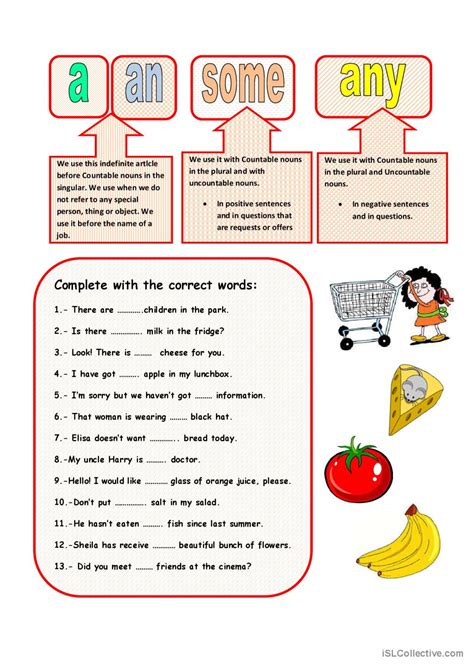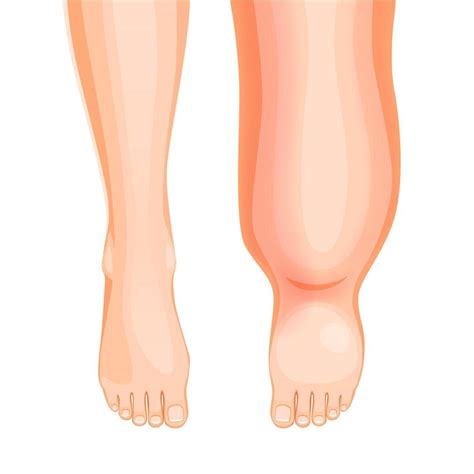What are some lesser-known early warning signs of cardiovascular disease that men should be aware of, beyond chest pain?

When most men think of heart attacks or cardiovascular disease (CVD), the classic image of crushing chest pain immediately comes to mind. While unmistakable chest discomfort is indeed a critical symptom, focusing solely on this can be a dangerous oversight. Cardiovascular disease, the leading cause of death worldwide, often presents with more subtle, less-known, and easily dismissed signs, particularly in men. Recognizing these early warning signals can be life-saving, allowing for timely intervention and better health outcomes.
The Silent Threat: Why Awareness Matters
Heart disease doesn’t always announce itself with dramatic symptoms. Often, the body provides clues that are easy to attribute to aging, stress, or other minor ailments. For men, who sometimes delay seeking medical attention, understanding these nuanced signs is even more crucial. Early detection of issues like atherosclerosis (hardening of the arteries) or high blood pressure can prevent more severe cardiac events, including heart attacks and strokes.

Lesser-Known Early Warning Signs in Men
1. Unexplained Fatigue and Shortness of Breath
Feeling tired after a long day is normal, but persistent, profound fatigue that doesn’t improve with rest, especially when accompanied by shortness of breath during activities that were once easy, could signal a problem. This might indicate that your heart is struggling to pump enough blood to meet your body’s demands, often a symptom of heart failure or coronary artery disease.
2. Erectile Dysfunction (ED)
Erectile dysfunction isn’t just a concern for sexual health; it’s often an early indicator of underlying cardiovascular issues. The arteries supplying blood to the penis are much smaller than those supplying the heart. If these smaller vessels become narrowed or blocked due to atherosclerosis, it can predict similar problems in the larger coronary arteries. ED can appear several years before more overt heart disease symptoms.

3. Pain Beyond the Chest: Jaw, Neck, Back, or Arm Discomfort
While classic heart pain is in the chest, it often radiates. Men might experience discomfort or aching in the jaw, neck, upper back, shoulders, or one or both arms (often the left, but not exclusively). This pain can be subtle, intermittent, or feel like muscle soreness or indigestion, making it easy to dismiss. Pay attention if this pain occurs with exertion and subsides with rest.
4. Swelling in Legs, Ankles, or Feet (Edema)
Fluid retention in the lower extremities, causing swelling, can be a sign that your heart isn’t pumping effectively. When the heart struggles, blood can back up in the veins, leading to fluid leakage into surrounding tissues. This peripheral edema is a common symptom of heart failure.

5. Indigestion, Nausea, or Abdominal Pain
Some men experience stomach pain, indigestion, heartburn, or nausea during a heart event. These symptoms are frequently mistaken for a bad meal or gastrointestinal distress. If these symptoms appear suddenly, are severe, or occur alongside other unusual discomfort, they warrant medical attention, especially if you have risk factors for heart disease.
6. Dizziness or Lightheadedness
Episodes of dizziness, lightheadedness, or feeling faint can indicate that your heart isn’t pumping enough blood to your brain. This could be due to an arrhythmia (irregular heartbeat), a failing heart, or issues with heart valves. While occasionally feeling lightheaded is normal, recurrent or sudden instances should be investigated.

When to Seek Medical Attention
It’s vital to remember that not every instance of these symptoms means you have heart disease. However, if you experience any of these signs, particularly if they are new, persistent, worsening, or occur in combination, it’s crucial to consult a doctor promptly. Don’t self-diagnose or wait for classic chest pain. Discuss your symptoms openly with your healthcare provider, especially if you have risk factors such as high blood pressure, high cholesterol, diabetes, a family history of heart disease, or if you smoke.
Conclusion
Empowering yourself with knowledge about the diverse ways cardiovascular disease can manifest is the first step towards better heart health. Moving beyond the singular focus on chest pain allows for a more holistic and proactive approach to early detection and prevention. By recognizing these lesser-known signs, men can take charge of their health, initiate timely conversations with their doctors, and potentially avert serious cardiac events. Your heart health is too important to overlook the subtle whispers your body might be sending.










